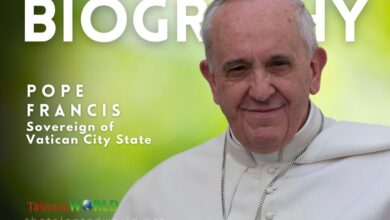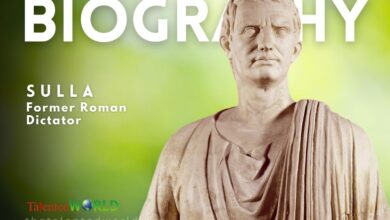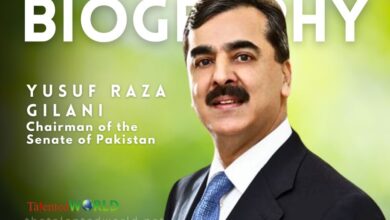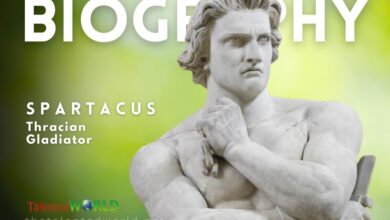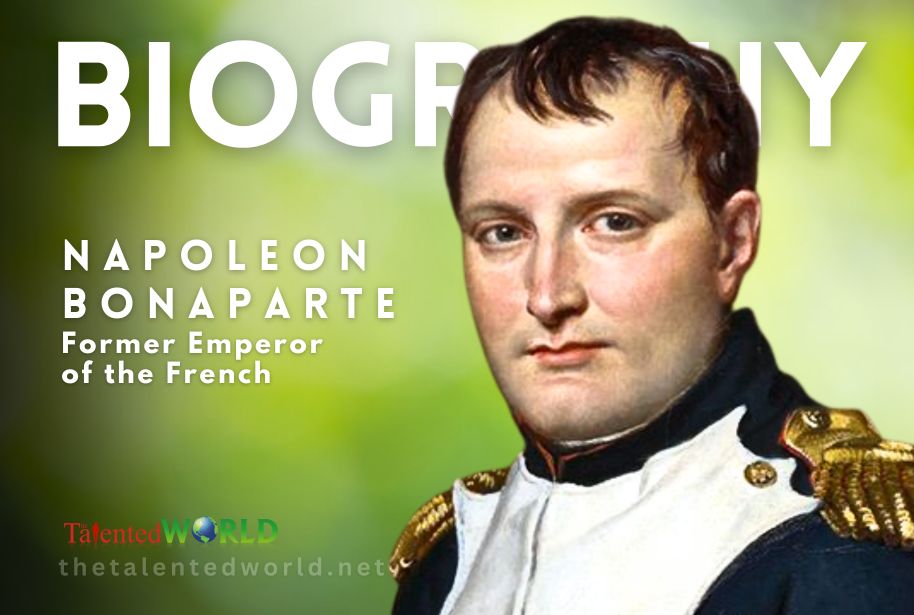
Quick Facts
| Attribute | Details |
|---|---|
| Full Name | Napoleon Bonaparte (born Napoleone di Buonaparte) |
| Date of Birth | August 15, 1769 |
| Place of Birth | Ajaccio, Corsica |
| Date of Death | May 5, 1821 |
| Place of Death | Longwood, Saint Helena |
| Burial | December 15, 1840, Les Invalides, Paris |
| Parents | Carlo Maria Buonaparte and Maria Letizia Ramolino |
| Siblings | Joseph, Lucien, Elisa, Louis, Pauline, Caroline, Jérôme (plus five stillborn or died in infancy) |
| Spouses | Joséphine de Beauharnais (m. 1796; ann. 1810), Marie Louise of Austria (m. 1810; sep. 1814) |
| Title | Details |
|---|---|
| Emperor of the French (1st reign) | May 18, 1804 – April 6, 1814 |
| Emperor of the French (2nd reign) | March 20, 1815 – June 22, 1815 |
| First Consul of the French Republic | December 13, 1799 – May 18, 1804 |
| Military Career Highlights | Details |
|---|---|
| Notable Battles | Battle of Toulon (1793), Battle of Marengo (1800), Battle of Austerlitz (1805), Battle of Jena–Auerstedt (1806), Battle of Friedland (1807), Battle of Wagram (1809), Battle of Borodino (1812), Battle of Leipzig (1813), Battle of Waterloo (1815) |
| Campaigns | Italian Campaign (1796-1797), Egyptian Campaign (1798-1799), Napoleonic Wars (1803-1815) |
| Political and Social Reforms | Details |
|---|---|
| Modernizing Reforms | Brought reforms to France and Western Europe, including legal and educational systems |
| Continental System | Economic embargo against Britain |
| Louisiana Purchase | Sold the Louisiana Territory to the United States in 1803 |
| Exiles | Details |
|---|---|
| First Exile | Island of Elba (May 1814 – February 1815) |
| Second Exile | Island of Saint Helena (after the Battle of Waterloo, until he died in 1821) |
| Legacy | Details |
|---|---|
| Military Legacy | Considered one of the greatest military commanders in history |
| Cultural Impact | Controversial leader with enduring political and cultural legacy |
| Debates | Historians debate his responsibility for the Napoleonic Wars and the associated casualties |
| Education | Studied at military academies in France with the support of the French governor Charles Louis de Marbeuf |
| Additional Facts | Details |
|---|---|
| Rise to Power | Rapidly rose through military ranks after supporting the French Revolution and saving the French Directory |
| Coronation | Crowned himself Emperor in 1804 to consolidate and expand his power |
| Escape and Hundred Days | Escaped from Elba in 1815, briefly regained power before being defeated at Waterloo |
| Death | Died in exile on Saint Helena in 1821 |

